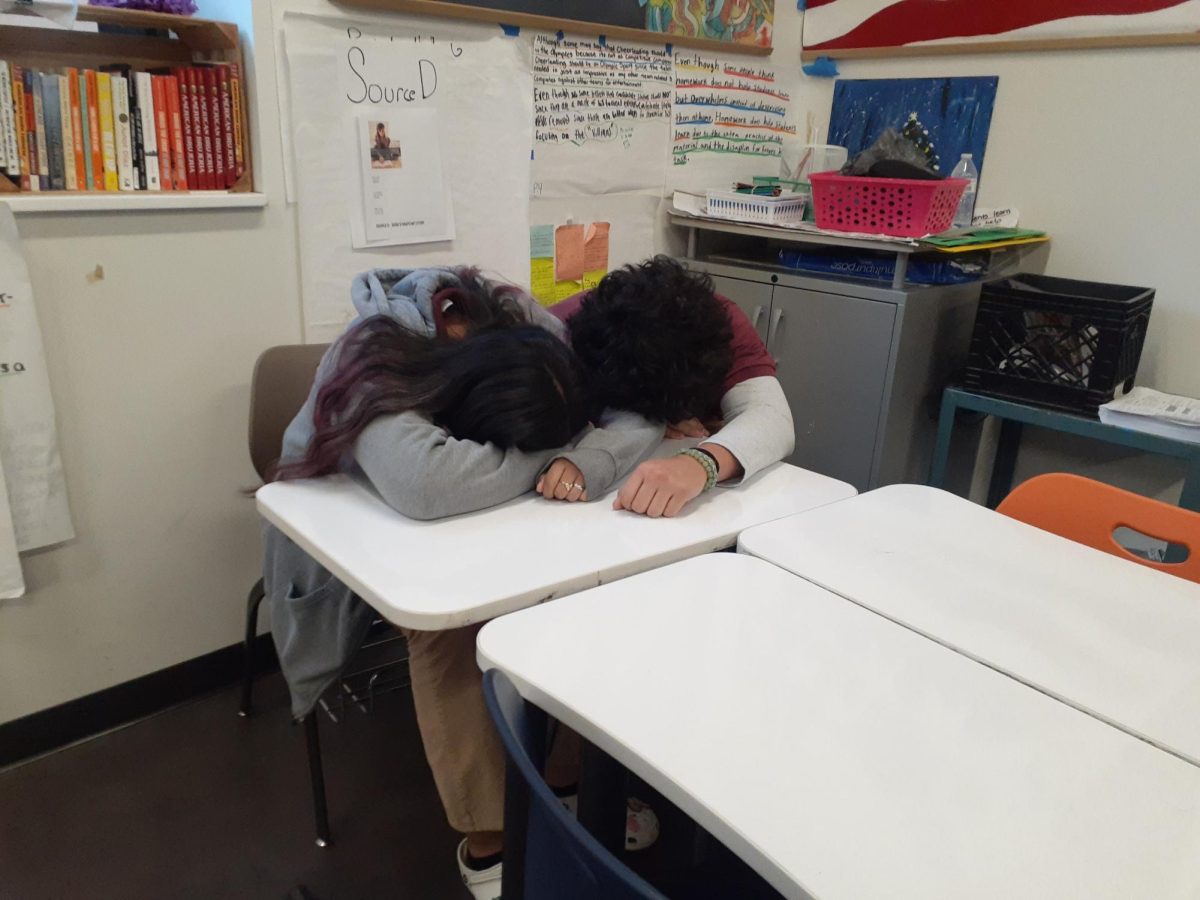The clock springs forward in March, which also means we lost an hour of sleep, leaving mixed reactions among students.
In a survey conducted of 100 Morton East students, 56 students stated that March’s time change caused more problems for them.
First proposed by Benjamin Franklin in 1784, Daylight Saving Time served as a way to save candles by utilizing natural sunlight more efficiently. It wasn’t until April 30, 1916, that Germany set their clocks forward by one hour, at the height of World War I, which started the first official Daylight-Saving Time. Soon after, many countries started to follow the trend. Approximately 70 countries worldwide observe DST in some form, although the start and end dates may vary. Many favored it, but there were still those who opposed it. Within weeks, several countries had started using DST: the United Kingdom, France, Italy, Russia, and even Australia. The first DST clock change in the United States was in 1918. While many clocks are automatically set for time changes, places like London have a small team of clockmakers responsible for adjusting 2,000 clocks at the Palace of Westminster by hand.
In a survey conducted of 100 Morton East students, 56 students stated that March’s time change caused more problems for them.
“The only problem it caused for me was the first day, losing that one hour of sleep because I was still tired,” said senior Yuridia Terrazas.
Losing one hour of sleep may have caused even more problems for others.
“Not only was I late for work, but I found myself being more sleep-deprived, which caused my performance in school to deteriorate,” said senior Derickson Garcia.
However, other students didn’t have any problems with the new time change.
“This time change didn’t really affect my routine or sleep at all, honestly, but I do think it has made me more tired. I seem to be sleeping earlier nowadays,” said senior Jimena Betancourt.
Many students share the same idea of removing daylight saving time, expressing their idea of the concept.
“To be honest, I feel like it’s an unnecessary change because it’s an inconvenience. Moving the clock ahead an hour in the spring then moving it back in the fall, like me personally, I think it’s a big waste,” said senior Pedro Roman.
Although Daylight Saving Time isn’t all that great despite its good intentions.
“It’s not necessary for modern times since it was initially added during WWI, so they could use less energy. It seems unnecessary now since we aren’t fighting big wars anymore and now, we are just giving supplies to Ukraine and Palestine/Israel. Hospitals also have an increase in heart attack patients on the Monday after the change, and there are also more injuries in the workplace. Also, more car crashes happen in the following week of daylight-saving time,” said former Morton East student, Christopher Briseno.
The time change can even negatively impact someone over time.
“Time change can affect a person’s circadian rhythm, our natural biological clock. Time changes can impact things like mental health. For example, when clocks turn back in the Fall and DST begins, the sun sets an hour earlier. This can increase the risk of things like Seasonal Affective Disorder. Our brains have problems when we don’t have enough sunlight,” said Psych teacher Mr. Fisher.
It’s not going to be until November to get that extra hour back, but for now, people can enjoy the longer sunny days and shorter nights.









Pedro R • Apr 12, 2024 at 7:38 am
One thing I wonder is why do we do this time change when it’s unnecessary in current times.